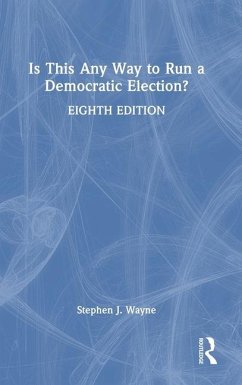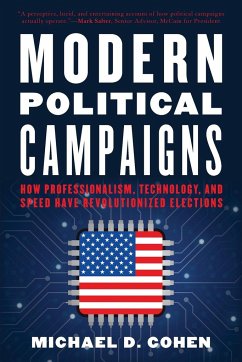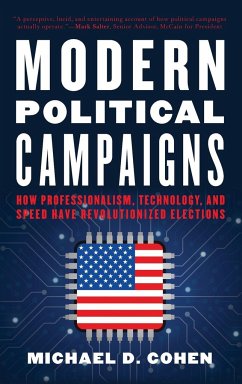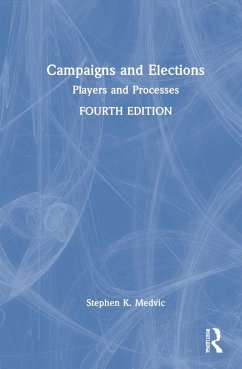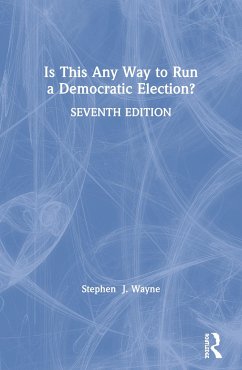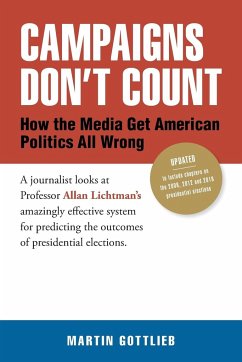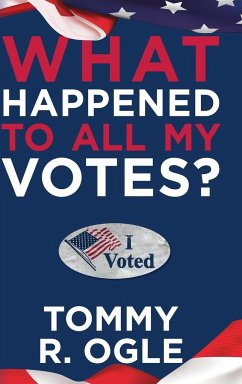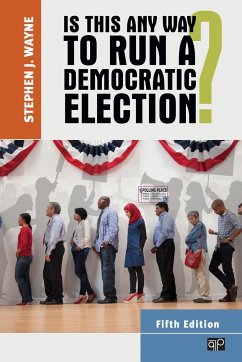
Is This Any Way to Run a Democratic Election?
Versandkostenfrei!
Versandfertig in 1-2 Wochen
69,99 €
inkl. MwSt.
Weitere Ausgaben:

PAYBACK Punkte
35 °P sammeln!
The 2012 election is over, but the debate over the fairness and accuracy of our electoral system continues. The courts are dealing with the alleged discriminatory impact of voter ID requirements on minority voters; privacy and vote manipulation are concerns as political campaigns utilize new technology to target voters; the news media are contending with harsh public criticism of their elections coverage; the campaign finance floodgates were opened with vast resources spent on negative advertising; and the Electoral College continues to undermine a national, democratic electoral system-Is this...
The 2012 election is over, but the debate over the fairness and accuracy of our electoral system continues. The courts are dealing with the alleged discriminatory impact of voter ID requirements on minority voters; privacy and vote manipulation are concerns as political campaigns utilize new technology to target voters; the news media are contending with harsh public criticism of their elections coverage; the campaign finance floodgates were opened with vast resources spent on negative advertising; and the Electoral College continues to undermine a national, democratic electoral system-Is this any way to run a democratic election? This fully updated fifth edition answers that important question by looking at both recent events and recent scholarship focused on the democratic electoral process, including new data and timely illustrations from the 2012 elections.





